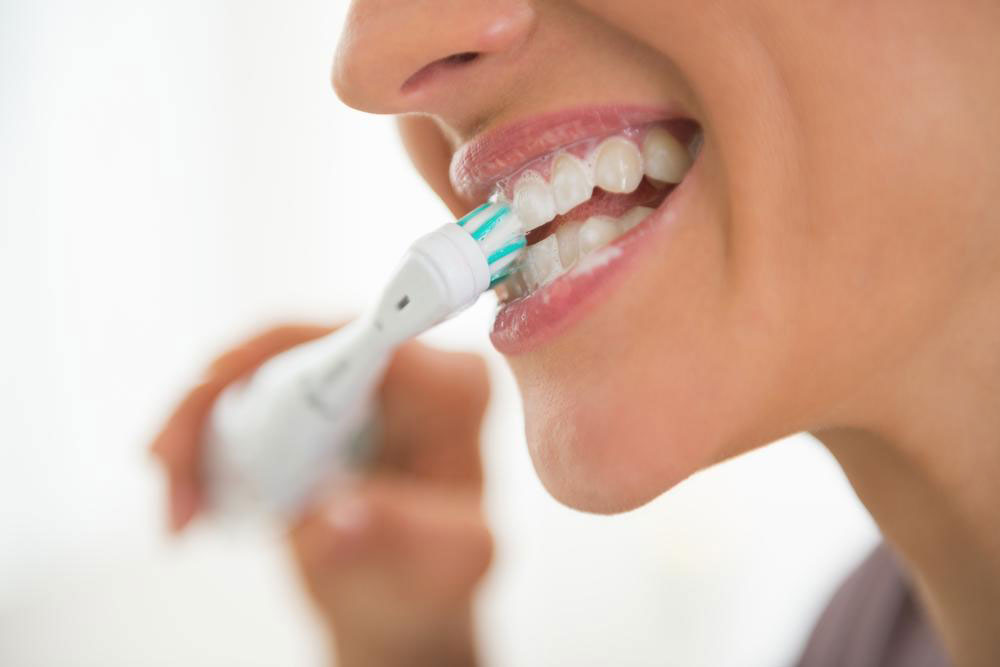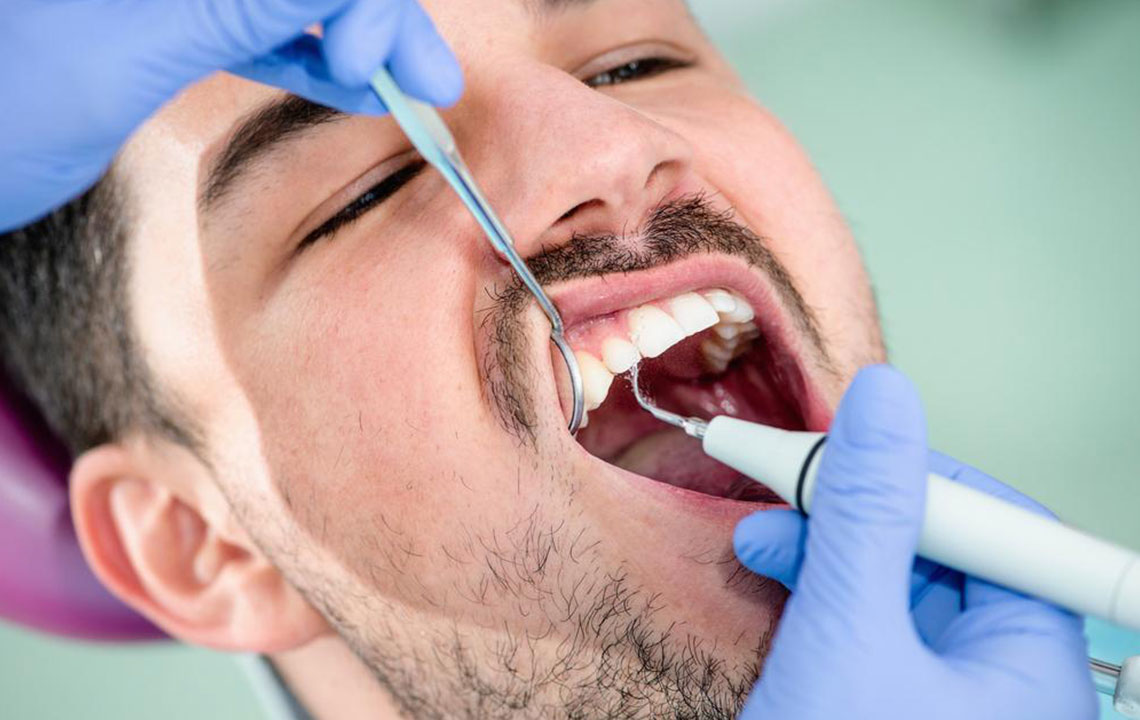Comprehensive Guide to Maintaining a Healthy Smile: Essential Dental Care Tips
Maintain a healthy, radiant smile with comprehensive dental care tips. This guide covers selecting the right toothbrush, proper brushing and flossing techniques, choosing effective mouthwash, and dietary habits to prevent cavities and gum disease. Incorporate these expert-recommended practices into your daily routine to boost oral hygiene and ensure lasting dental health. Perfect for those seeking to improve their oral care and prevent dental issues, this article offers detailed strategies for a confident, beautiful smile.

Comprehensive Guide to Maintaining a Healthy Smile: Essential Dental Care Tips
Achieving and maintaining excellent oral health is crucial not only for a radiant smile but also for overall well-being. Your mouth acts as the gateway to your body, and neglecting dental hygiene can result in various issues such as plaque buildup, cavities, gingivitis, and halitosis. Incorporating effective dental care routines into your daily life helps prevent these problems, enhances your confidence, and promotes fresh breath. This comprehensive guide will delve into detailed, proven strategies to help you maintain optimal oral health and ensure your smile stays bright and healthy for years to come.
Understanding the importance of good dental care is the first step towards a healthier mouth. Take proactive measures today to protect your dental health and enjoy the benefits of a confident, vibrant smile.
Selecting the right dental tools is fundamental to effective oral hygiene. Choosing an appropriate toothbrush tailored to your needs ensures comprehensive cleaning. A toothbrush with a comfortable grip and the right size can reach all corners of your mouth, making brushing more efficient. Health experts recommend soft-bristled brushes, especially for children or individuals with sensitive gums, to minimize irritation and damage to delicate tissue. Electric toothbrushes with timers can also improve brushing consistency and coverage, ensuring no area is overlooked during daily routines.
Mastering proper brushing technique enhances plaque removal and protects your gums. Position your toothbrush at a 45-degree angle against your gums to effectively clean the gum line, where plaque tends to accumulate. Use gentle, circular motions with short strokes on all tooth surfaces, including the fronts, backs, and chewing surfaces. Avoid aggressive scrubbing, which can erode enamel and cause gum recession. Brush your teeth at least three times per day—morning, after meals, and before bed—for comprehensive protection. Incorporate a thorough cleaning of your tongue as well, which harbors bacteria responsible for bad breath.
Effective flossing techniques are crucial for removing debris that your toothbrush can't reach. Carefully insert floss between each pair of teeth, following the natural curve of your teeth to avoid injuring your gums. Use a clean section of floss for every few teeth to prevent transferring bacteria. Flossing at least once daily helps eliminate trapped food particles and plaque, significantly reducing the risk of cavities and gum disease. Consider using dental picks or water flossers for easier access and enhanced comfort, especially for individuals with braces or sensitive gums.
The choice of mouthwash can complement your dental routine and target specific oral health concerns. Select an antiseptic or antibacterial mouthwash to reduce the bacterial load in your mouth, thereby preventing gum inflammation and halitosis. Some mouthwashes contain fluoride, which further strengthens enamel and prevents decay. Be sure to choose products approved by dental associations to ensure safety and efficacy. Incorporate mouthwash into your daily routine, ideally after brushing and flossing, for maximum benefit.
Using fluoride-rich toothpaste is a proven way to protect your teeth. Dental professionals recommend toothpaste containing fluoride, a mineral that reinforces enamel and helps prevent cavities. When selecting a toothpaste, look for labeled approval from reputable dental authorities. Brushing with fluoride toothpaste twice daily is essential, especially in areas with high dental decay rates. Remember to brush gently to avoid damaging your gums and tooth enamel, and rinse thoroughly after brushing without overdoing it, as excessive rinsing can wash away fluoride.
Regularly replacing your toothbrush is vital for maintaining effective cleaning. Frayed bristles become less efficient at removing plaque, and bacteria can accumulate on your brush over time. Experts advise replacing your toothbrush or brush head every three to four months, or sooner if you notice signs of wear or if you've been ill. Proper storage is also important; keep your toothbrush upright and allow it to air dry after each use to prevent bacterial growth.
Cleaning your tongue is often overlooked but plays an important role in oral health. Use a tongue scraper or the back of your toothbrush to gently remove bacteria and debris from the tongue's surface. This simple step can significantly improve breath freshness and reduce bacterial populations that cause bad breath. Incorporate tongue cleaning into your daily oral hygiene routine, especially before bedtime, for sustained freshness.
Be mindful of late-night snacking habits. Eating late at night and skipping brushing afterward can create a perfect environment for bacteria to thrive, leading to plaque formation and tooth decay. Establish a routine of brushing your teeth after your last snack of the day to remove food residues and prevent bacterial growth during sleep. Avoiding midnight snacking on sugary or starchy foods can also help preserve your enamel and overall oral health.
Dietary choices directly impact your oral health, especially concerning sugar and acidity. Limit consumption of sugary foods, sodas, fruit juices, and processed snacks. These items feed harmful bacteria in your mouth, promoting acid production that erodes enamel. Moderating intake of acidic beverages such as citrus juices, wine, and carbonated drinks is equally important, as acids can demineralize enamel and weaken teeth over time. Incorporate calcium-rich foods to strengthen your teeth and promote healthy enamel. Maintaining a balanced diet, staying hydrated, and practicing good oral hygiene lay the foundation for a healthier, brighter smile.
By adhering to these detailed dental care strategies, you can significantly enhance your oral hygiene, prevent common dental issues, and enjoy a confident, healthy smile that lasts a lifetime. Remember, consistent and proper dental routines are the key to long-term oral health success.





